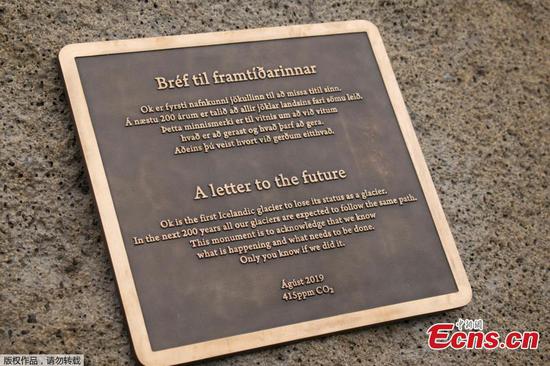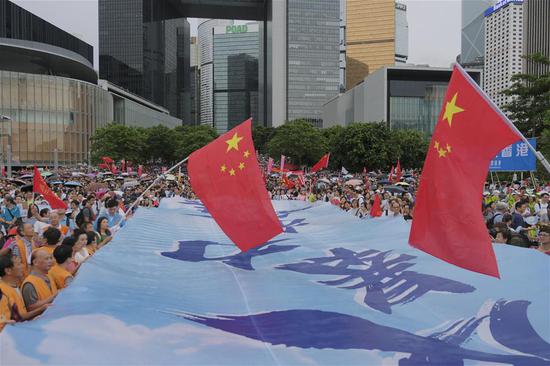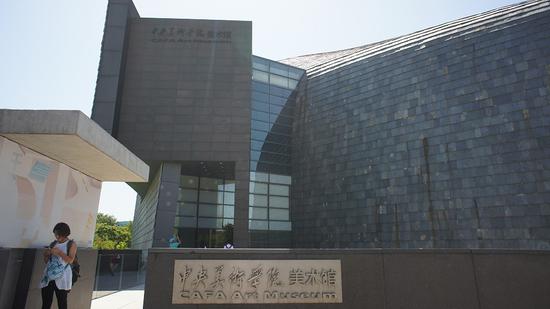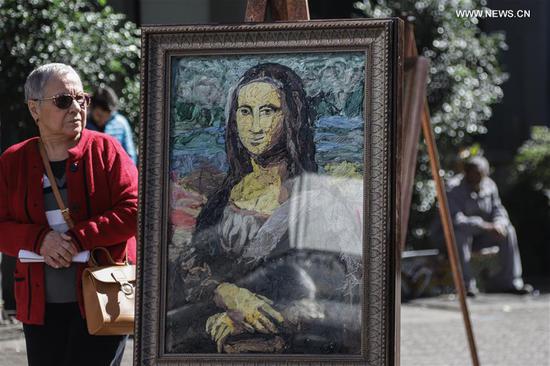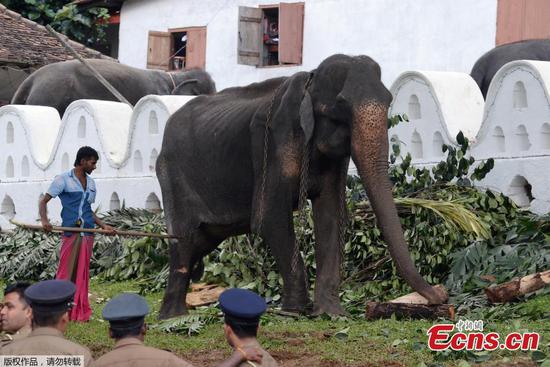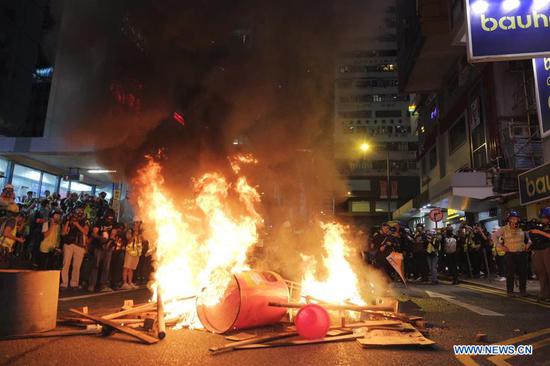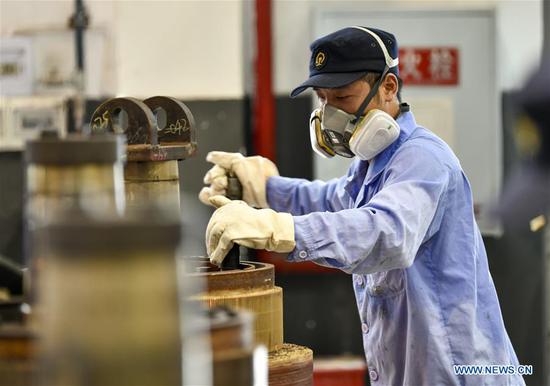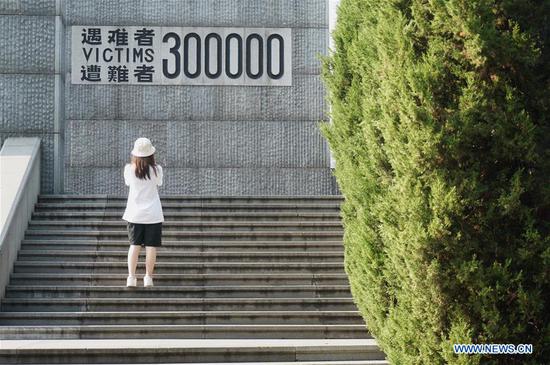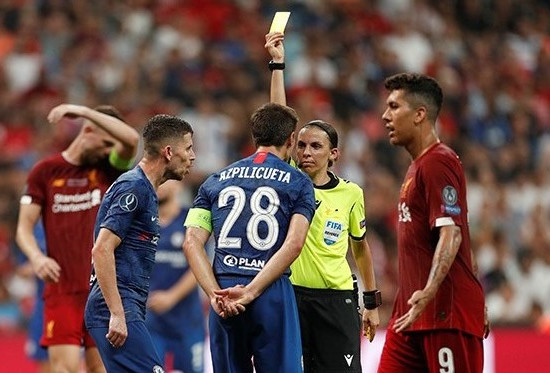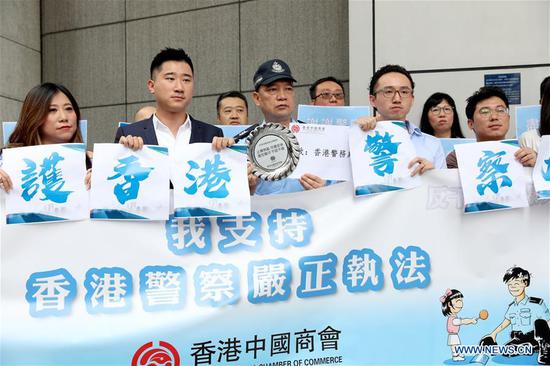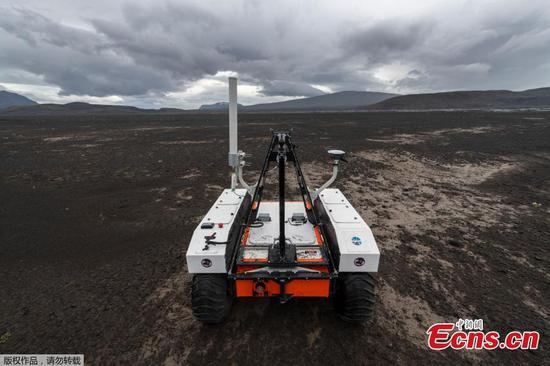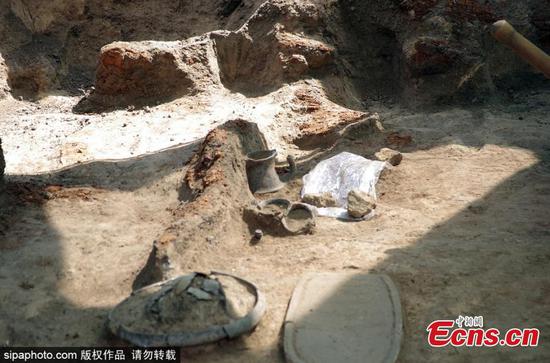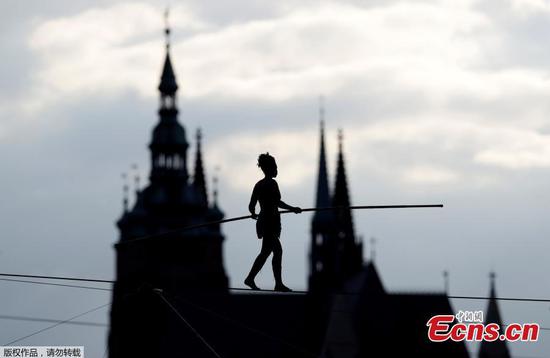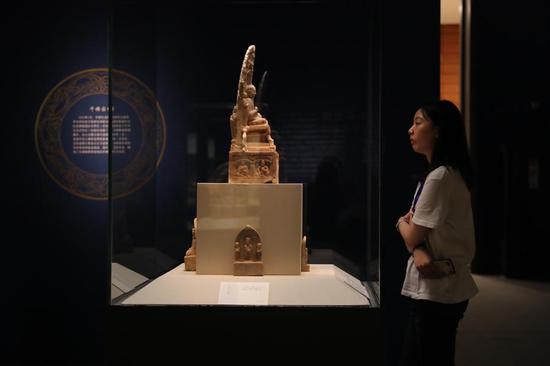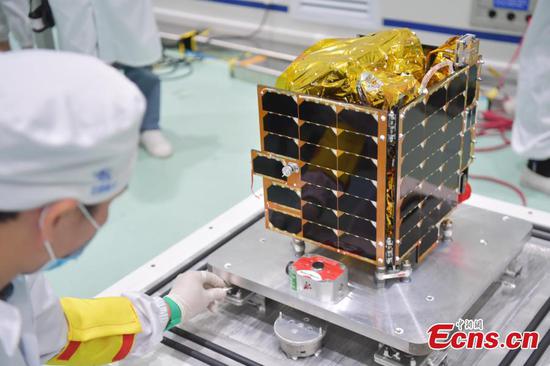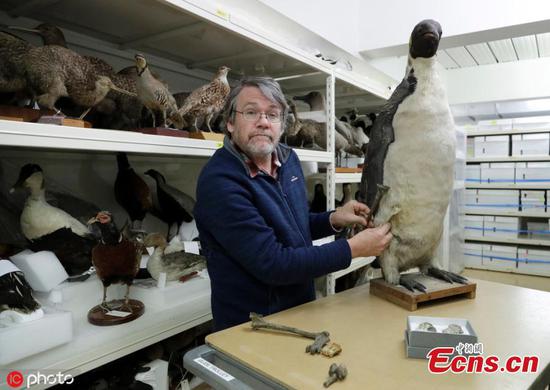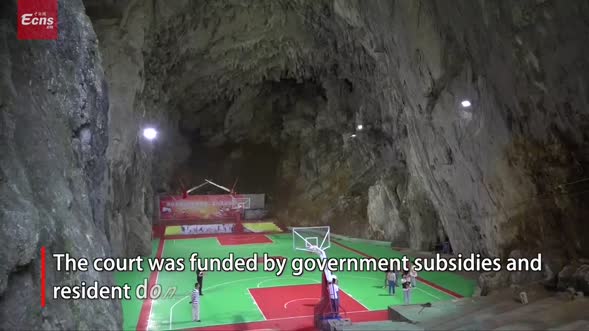
Customers watch new energy cars from BAIC Group at an auto expo in Beijing. (Photo by Chen Xiaogen/For China Daily)
"If you take a close examination of the potential customers, you will find those who want to buy cars and can afford them are residents living in cities where license plates are rationed," said Xu.
"In other parts of the country, even if you offer them a bonus of thousands of yuan, people are unlikely to buy cars. They would rather set the money aside (when the economy is not very good)," he said.
Shi Jianhua, another deputy secretary-general of the CAAM, agreed that financial stimuli are neither effective nor healthy measures in the long run for China's auto industry.
"I would rather the local governments remove the restrictions and leave it to the market. Then I believe there is still much room for growth in coming years as we are seizing the opportunities of smart and connected vehicles."
Currently in China at least nine cities including Beijing, Shanghai and Tianjin have imposed restrictions on car purchases.
So far, only Guangzhou and Shenzhen, both in South China's Guangdong province, have decided to offer more license plates than previous designated quotas, but others have not shown signs of following suit.
The prolonged sales decline in the country has made many local carmakers, including Geely, cut expectations on sales and profit.
China's largest private carmaker, Geely saw its sales in July slump 24 percent.
In the first seven months, its total sales stood at 743,100 vehicles, accounting for 55 percent of its trimmed goal of 1.36 million for the year.
It is not alone. Among China's top 10 automotive groups, only two saw their sales grow in July - Great Wall and FAW, according to statistics from the association.
International carmakers are not insolated. GM's two joint ventures-SAIC-GM and SAIC-GM-Wuling - saw their sales in the first seven months drop 13 percent to 945,646 and 28 percent to 853,212, respectively.
French carmakers have been further marginalized. The market share of Peugeot, Citroen and Renault combined was a meager 0.7 percent in the first seven months, down from 1.6 percent in the same period last year.
PSA Group's Chinese joint venture Dongfeng Peugeot Citroen Automobiles has decided to halve its workforce to 4,000 as it closes one plant and sells another.
"We're just a whisker away from having to withdraw from China," one person close to the PSA board told Reuters. "It really is that serious."
Its sales in the country shrunk almost threefold to 251,700 vehicles last year from a 2014 peak of 731,000, according to Reuters.
Premium carmakers have managed to grow though despite the headwind in the overall car market.
Lexus, Toyota's premium arm, saw its sales from January to July total 109,933, up 31 percent year-on-year.
Mercedes-Benz's July sales grew 11 percent from July 2018 to 60,093, bringing its sales in the first seven months to 410,097, up 2 percent year-on-year. Audi delivered 56,365 vehicles in July, up 6.1 percent from one year earlier.
Sales from January to July grew 2.5 percent year-on-year to 368,867 in its largest market.











